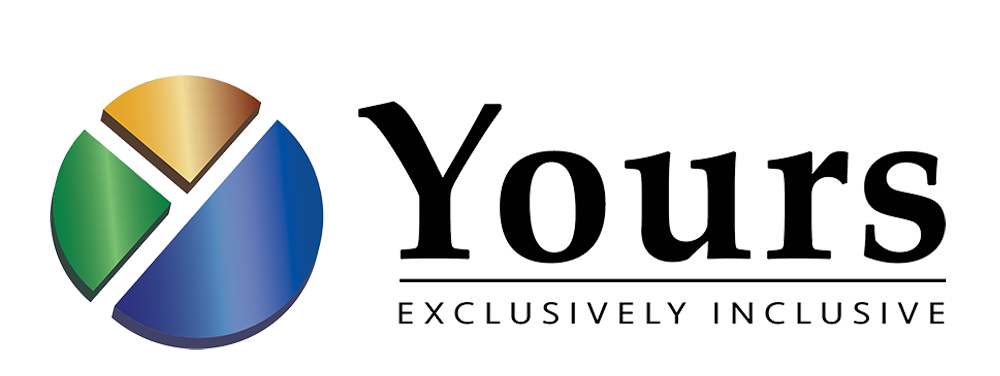Recent developments in the Netherlands: Box 2 and Box 3
October 2023 /

In the Netherlands, the tax system includes three categories of income taxes: Box 1, which encompasses income related to work and housing, Box 2, which concerns income from a substantial participation in a company, and finally, Box 3, which covers passive income generated from investments and savings, including bank deposits.
Recently, the Dutch government unveiled reforms that could have a significant impact on Box 2 and Box 3, which we detail below.
Box 2
On January 1, 2023, a new law came into effect in the Netherlands with the aim of preventing long-term deferral of income tax payment in Box 2. The first key date of this reform is set for December 31, 2023: on this date, a “fictional advantage” will be taken into account in Box 2 if the debts accumulated by the holder of a substantial participation and their partner vis-à-vis the company exceed a total of 700,000 euros.
The Dutch government considered it undesirable for holders of substantial participations to delay tax payment by borrowing funds from their company instead of distributing them as taxed dividends or salaries. Therefore, from now on, a “regular fictional advantage” must be taken into account in Box 2 for the excessive portion of debts that the taxpayer, their partner, or the taxpayer and their partner have directly or indirectly towards the company or companies in which the taxpayer holds a substantial participation.
Box 3
The main features of a new tax regime for Box 3 have also been recently announced, with implementation scheduled to begin on January 1, 2027.
Following a ruling by the Dutch Supreme Court in 2021, a temporary solution had been put in place to calculate tax for Box 3. The Court had found that Box 3 did not properly account for actual income but relied on conditional capital gains.
The foundation of the reform is based on actual yield as the starting point. Capital gains tax would become the primary rule. This means that, in addition to actual income such as interest, dividends, and rents, indirect yields, such as positive or negative changes in the value of stocks or real estate, would also be taken into account, and actual expenses would be deductible. In case of a loss, losses beyond a certain threshold could be offset by Box 3 income in the following years. The current tax-exempt threshold of 57,000 euros per person would be replaced by an income exempt from taxation. To be continued.
If you would like to discuss these topics, our team will be glad to assist you.
